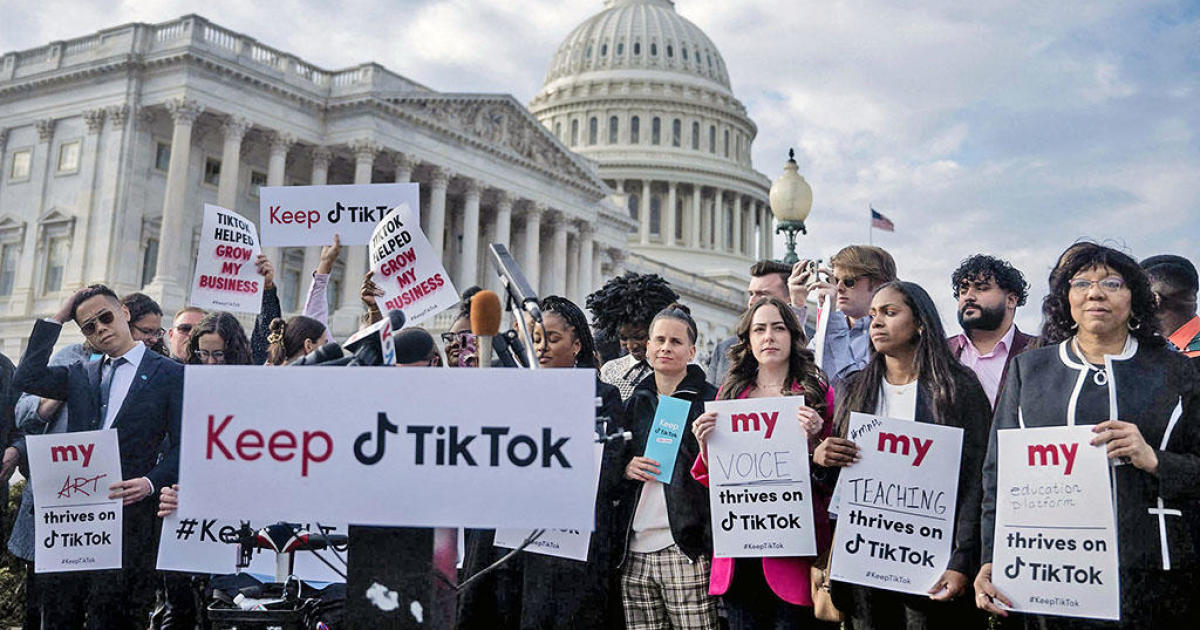TikTok and its parent company ByteDance have filed a lawsuit against the Justice Department over a new law requiring the platform to cut ties with its China-based owner within a year or be banned from the U.S. The companies argue that the law violates the First Amendment rights of its users by effectively shutting down their access to the platform. TikTok has asked the court to block Attorney General Merrick Garland from enforcing the measure.
The lawsuit stems from a provision in a foreign aid package passed by Congress requiring ByteDance to sell its stake in TikTok within a year. If the company fails to meet this deadline, TikTok would lose access to app stores and web-hosting providers, effectively cutting off its 170 million U.S. users. TikTok argues that the divestiture timeline outlined in the law is not feasible, particularly due to the Chinese government’s opposition to selling the technology that makes the platform popular in the U.S.
TikTok has been under scrutiny by Congress over concerns about its ties to China and potential national security threats. Officials have warned that the Chinese government could use the app to spy on Americans or manipulate content to influence public opinion. Lawmakers from both parties have expressed concerns about the app, with some calling it a national security risk. Despite these concerns, TikTok has defended its efforts to safeguard user data and platform integrity from foreign government influence.
The legal battle between TikTok and the U.S. government is not unexpected, as the company had previously indicated it would challenge the law’s constitutionality. TikTok has accused Congress of unfairly targeting the platform and its owner, ByteDance, rather than considering the company’s efforts to address security concerns. The platform has also pointed to the use of TikTok by political figures, including President Biden’s campaign, as evidence that it does not pose a real threat to Americans.
Despite concerns about TikTok, attempts to ban the app have faced legal challenges. Former President Trump signed an executive order in 2020 to ban transactions with ByteDance, but federal judges blocked the move citing First Amendment concerns. Several states and the federal government have banned TikTok on state-issued devices, but these measures have also faced legal challenges. The lawsuit between TikTok and the Justice Department highlights the ongoing debate over the platform’s operations and potential national security risks.









